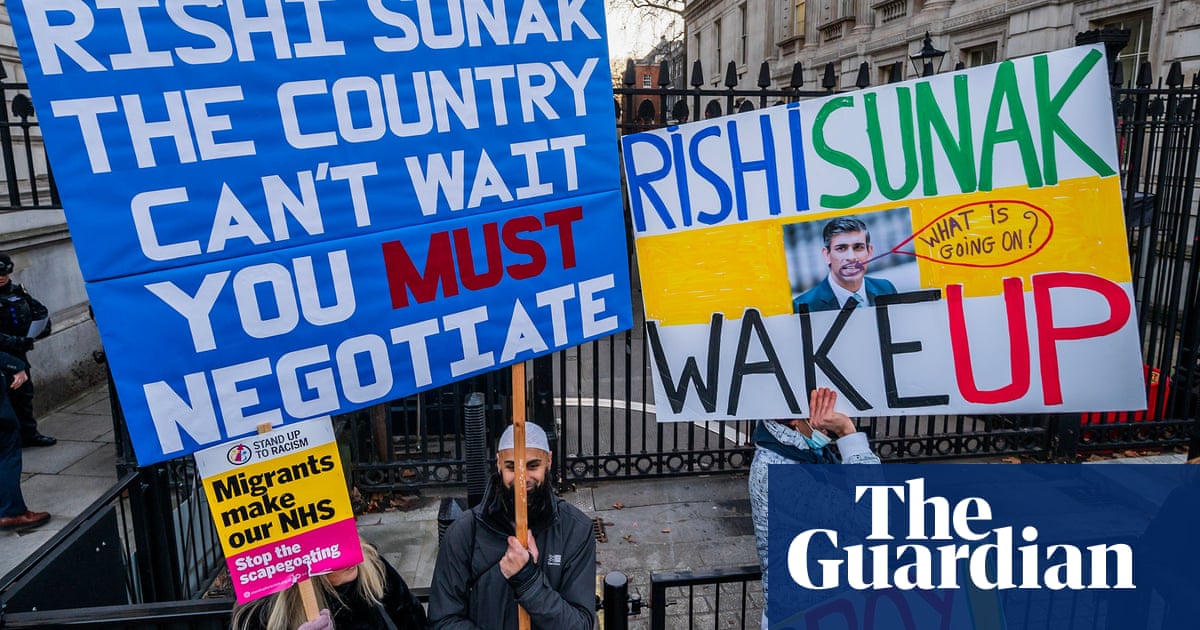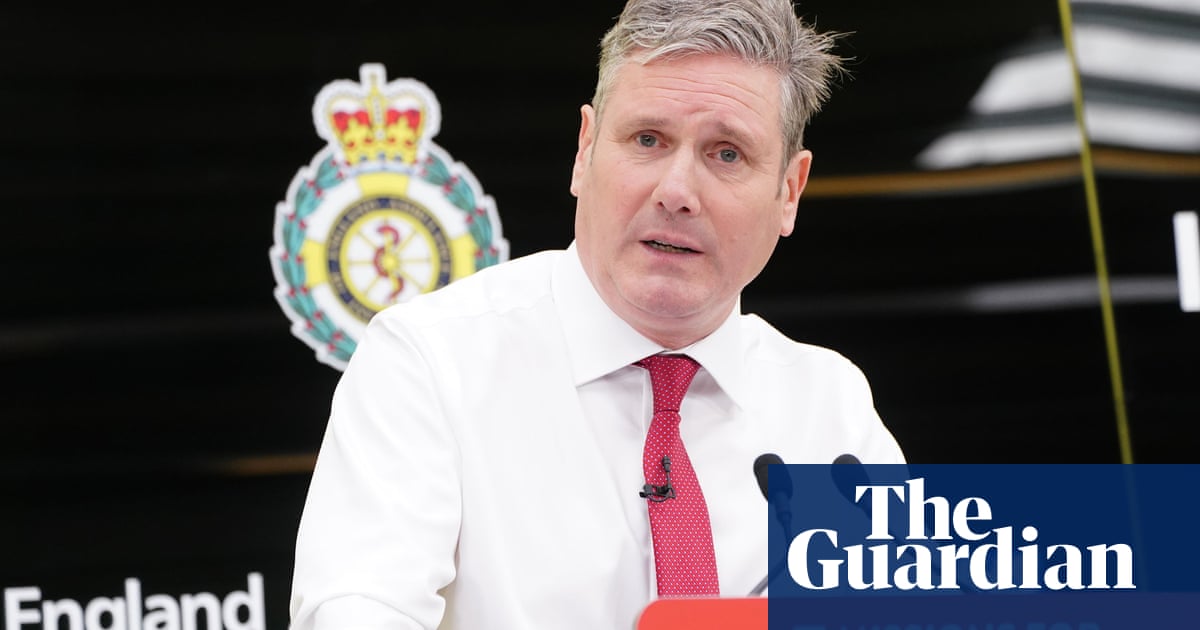
Wes Streeting has said a Labour government would “tear up the contract” with GPs, and could make family doctors salaried NHS employees.
The shadow health secretary said the way GP surgeries operate financially is a “murky, opaque business”. The proposed changes would put Streeting on course for a confrontation with the British Medical Association (BMA).
He also proposed a greater role for pharmacies doing procedures such as vaccinations, and suggested people could refer themselves directly to specialists rather than going through a GP.
GPs should no longer be the “sole gatekeeper” to the NHS, Streeting said. He added he wanted to replace GP surgeries with “modern health centres” with nurses and physiotherapists as well as GPs, and where scans could be taken.
In an interview with the Times, the Ilford South MP said: “I’m minded to phase out the whole system of GP partners altogether and look at salaried GPs working in modern practices alongside a range of other professionals.”
Under the current system, family doctors are funded partly by the NHS contract, which is linked to the size of a patient list and their requirements. They also get extra money for reaching targets, offering “enhanced” services and charging for private work, including issuing sicknotes.
The changes could cause a dispute between the Labour party and the British Medical Association, similar to that before the NHS’s foundation in 1948. At the time, the BMA was blocking the health service’s creation over the loss of doctors’ and consultants’ private earnings, which they thought would lead to a drop in income.
The then health secretary, Aneurin Bevan, reached a deal with doctors that meant they could keep earning from private patients as long as they accepted NHS patients. He said later that he had struck a deal by “stuffing their mouths with gold”.
Referring to Bevan’s quote, Streeting said: “There have always been people within the system who oppose fundamental change which, decades later, is widely accepted.”
The GP model already faces difficulties, as patients wait weeks for an appointment amid a shortage of family doctors. Figures last year revealed a shortage of 4,200 full-time general practitioners. A survey in the British Medical Journal showed a third more plan to leave in the next five years.
“I’m always prepared to work with people. We’re going to be actively consulting on this. I recognise it will be a big change. I want to listen to the profession and take people with us, but, more importantly, I want to get this right for patients. The NHS is so broken, we do have to think radically,” Streeting said.
The proposals will be contentious in the Labour party because it will put itself on a potential collision course with the BMA before the party has even won an election, at a time when wider industrial relations are already at the lowest point in decades with the incumbents inside No 10.
Prof Kamila Hawthorne, the chair of the Royal College of GPs, told the Times: “The partnership model of general practice delivers exceptional benefits for the NHS. It allows GP teams to innovate and tailor care and services to their local patient populations. It is extremely good value for money for the NHS because it relies on the goodwill of GP partners going above and beyond.”
Dr Kieran Sharrock, the acting chair of the BMA England GPs’ committee, said he had offered to meet Streeting to explain pressures on doctors, but agreed that the current contract needed to be “revamped”.
Streeting reflected on his own experience of the NHS after being diagnosed with kidney cancer in May 2021. He is cancer-free after an operation, but two follow-up scans were delayed due to backlogs, and he faced a frustrating journey to an appointment he thought was to have a scan, but instead was only a meeting to discuss it.
“It was a waste of my time,” he said. “Having had this experience as a patient, I am absolutely determined to drive improvements because this system isn’t working for patients, it’s not working for staff and it’s got to change.”












